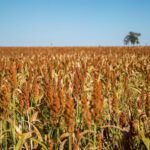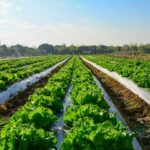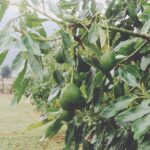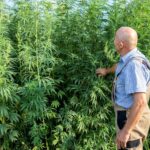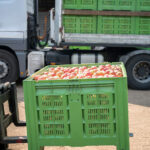Starting or expanding a wine farm in South Africa can be a promising venture, especially given the country’s globally recognised wine industry. However, access to adequate funding remains a key challenge for many aspiring and existing wine farmers. From government grants to private investment and industry-specific financing, several funding options are available to support wine farming operations across the country.
One of the most important steps in securing funding is developing a clear and comprehensive business plan. This document should outline your farm’s goals, operational structure, financial projections, target market, and expected returns. Lenders and investors rely on a well-prepared business plan to assess the viability of your wine farm. Whether you’re applying for a grant or pitching to a private investor, your business plan will serve as your most persuasive tool.
In South Africa, the Department of Agriculture, Land Reform and Rural Development (DALRRD) offers various grant programmes for emerging and small-scale farmers. One of the most accessible is the Comprehensive Agricultural Support Programme (CASP), which provides financial aid for farm infrastructure, equipment, and production inputs. Wine farm owners looking to access CASP must work with their provincial agriculture department and present a solid proposal with clear budget requirements.
Another state-backed initiative is the AgriBEE Fund, designed to promote black economic empowerment in agriculture. If you are a black South African entering the wine industry, this fund may provide financial assistance in the form of grants or concessional loans. Applications are typically reviewed through the Industrial Development Corporation (IDC), which works closely with government to support transformation in farming.
For larger-scale ventures or expansions, the Land Bank of South Africa is a key source of funding. This specialised agricultural bank offers loan products for both land purchase and operational costs. Wine farmers can access medium- to long-term loans with competitive interest rates, particularly if they demonstrate sound business models and have experience in the industry. In many cases, Land Bank also supports blended finance options—where a mix of grants and loans can be accessed through partnerships with government departments.
The Western Cape Department of Agriculture, where most of South Africa’s wine production is concentrated, also provides region-specific support. Farmers can apply for financial assistance, training, and mentorship through initiatives like the Commodity Project Allocation Committee (CPAC). These initiatives often focus on emerging wine farmers from previously disadvantaged backgrounds.
Private investors and venture capitalists are increasingly turning to the wine industry, especially boutique and organic wine farms with export potential. Networking events, wine expos, and industry forums are excellent platforms to meet potential investors. If you have a strong brand concept or unique value proposition—such as sustainable farming practices, wine tourism experiences, or rare varietals—these can be attractive selling points to investors looking for innovative agricultural ventures.
Industry associations such as Vinpro, which represents South African wine producers, also offer support to farmers seeking funding. While they may not directly provide financial aid, they can guide you towards the right resources, link you with development finance institutions, and offer training and compliance support which can boost your funding application.
Farmers can also turn to commercial banks like Standard Bank, Absa, and Nedbank, all of which have specialised agricultural divisions. These banks offer tailored financing solutions such as seasonal production loans, equipment finance, and farm improvement loans. Having collateral, a good credit history, and a record of previous production can improve your chances of approval.
Lastly, crowdfunding platforms and agribusiness incubators are emerging as alternative sources of funding. Some South African wine farms have successfully raised capital through campaigns that allow supporters to invest in exchange for wine products or shares in the business. Others have joined agricultural incubator programmes that provide seed funding along with business development support.
Getting funding for a wine farm in South Africa requires a multi-pronged approach. By combining government grants, agricultural loans, private investment, and strategic planning, farmers can access the resources needed to grow a successful wine business. With the right support, South Africa’s wine entrepreneurs can continue to contribute to a thriving industry with local and international impact.


